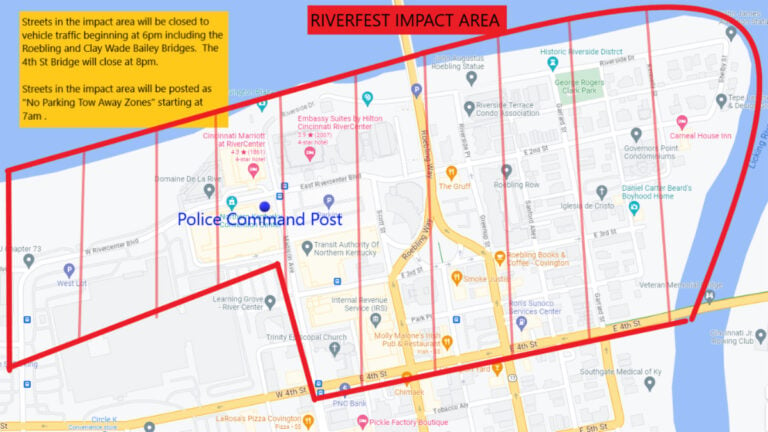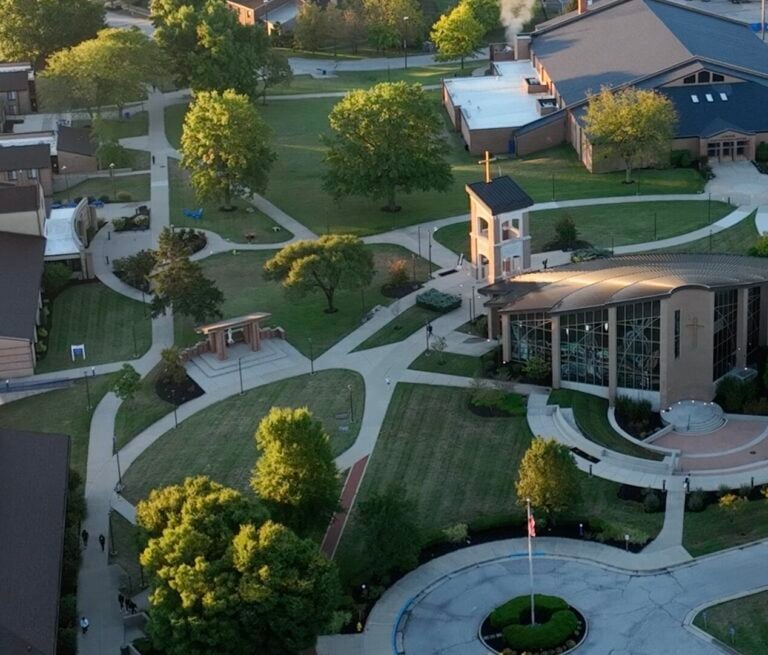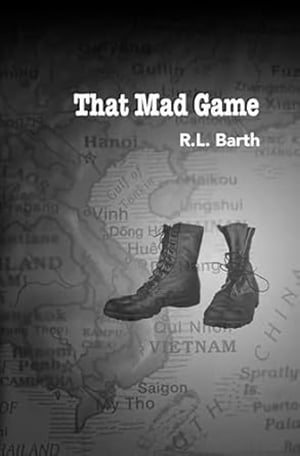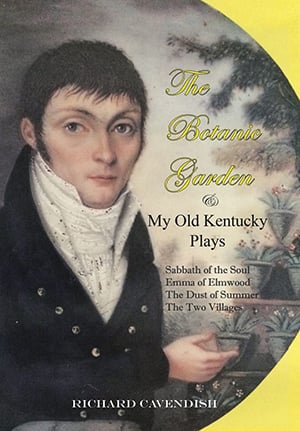By Steve Flairty
NKyTribune columnist
As much as I enjoy reading a book about Kentucky or one authored by a Kentuckian, I enjoy sharing what I read almost as much. So here is another of those columns I’ll dedicate to what I’ve read recently or am currently reading. I intend these two book mentions as synopses, rather than reviews — those that might tease your interest, especially if you like reading about subjects with a Kentucky connection.
I’m not a huge poetry reader, but Erlanger native, current Edgewood resident, R.L. Barth’s collection of brief poems, That Mad Game: New Vietnam War Poems (Scienter Press, Louisville, 2025), is one that resonates enough for me to take time to absorb.
The collection is only 56 pages, but the brevity should not hide the powerfulness of his words.
Barth is a U.S. Marine Vietnam veteran and has a long line of family history connected to military service, stretching to the American Civil War. He also has strong writing chops, holding a Wallace Stegner fellowship from Stanford University.
The collection features his own experiences in Viet Nam, but he also touches on other wars in America’s past.
That Mad Game is divided into four sections:
• War Seems Sweet
• Snowfall in Vietnam: Poems/Maxims
• Never the Same: Epigrams
• Coda: World Wars
In the first one, Jungle SOP sets the stage about the intensity of deployment in Viet Nam:

In triple canopy
It’s tough to see
Behind, in front, around;
And every sound
Alerts like prickly hair,
Saying, Beware.
The second section has a series of one-line poems. Here are a few:
Spooky
Red streaks dissect night.
Death
I am breathing, still.
Ripples
Leeches cross a trail
The third section of poems is possibly the darkest. Here’s one:
A Corpsman
Here with torn flesh
This oozing brain,
A clotting mesh
Skull can’t contain.
The fourth, Coda: World Wars, looks at individuals and their experiences in other wars. Here’s one from World War II:
2nd Lt. Albert W. Vinson, U.S.M.C.
Talesa, New Britain 1944
Oconomowoc, WI 1971
Those Japanese machine gun rounds
That shattered shoulders, legs, and arms
Killed you as surely as, years later, The freight train on that lonely night.
That Mad Game is not light-hearted reading. It’s searing in its message and created with authenticity and craftsmanship.
Moving on to another literary offering of value, I came across a book treasure for my needs recently at a local thrift shop. It’s helping me in my research of 1800s Transylvania professor Constantine Rafinesque, the subject of a recent column here.
I’ll be doing a Zoom presentation with the Behringer-Crawford Museum, in Covington, on October 21, where I plan to expand the information I’ve found about the brilliant but flawed Rafinesque.
The book, The Botanic Garden and My Old Kentucky Plays (AuthorHouse, 2020), is a collection of five plays written by Dr. Russell Richard Rechenbach. His registered pen name is Richard Cavendish. He is a Frankfort native who formerly served as a minister.
His plays are:
• The Botanic Garden
• Sabbah of the Soul
• Emma of Elmwood
• The Dust of Summer
• The Two Villages
In fairness to those who might read these plays for historic purposes (like me!), Cavendish mentions in the preface that “each play must hold a bit of dramatic license.” He even cites specific examples of his taking such license.
Following is a summary of each play.
In The Botanic Garden, the setting is amidst the early history of Transylvania, “the first university west of the Alleghenies and in Lexington, Kentucky, in the 1820s, and about the struggle to build a liberal, eastern university” as the still young America emerged. Within that background, we watch “the half-scientist, half-alchemist, half-showman, half-mad Constantine Rafinesque try to explore this western edge of civilization, try to teach his bewildered students the new world’s botanic splendor, and try to imagine, with his colleague, President Horace Holley and his wife, Mary, what this new civilization might become.”
Sabbath of the Soul tells of the life of Emily Tubman, a rich socialite who lived as a strong Christian, part of the Disciples of Christ (Stone-Campbell heritage), and gave much money and support to benevolent causes in Georgia and Kentucky, including fighting for the humanity of slaves and giving aid to wounded soldiers. Her dream for the College of the Bible, Lexington, now the Lexington Theological Seminary, came about with her support.
Emma of Elmwood is a “fictionalized love story tinged with, what seems to be on the surface, paranormal activity.” The story revolves around Emma Parkes Watts and her adoration of Elmwood, her majestic and historic house located across from what would become Eastern Kentucky University. Of particular interest to me was reading the postscript and account of the feistiness of Emma toward EKU president, Robert Martin, who was interested in acquiring the property for the school.
The events around the Civil War Battle of Richmond, Kentucky, present the setting for The Dust of Summer. This battle was the second bloodiest of the war in Kentucky and a decisive Confederate victory. The character “Soldier” in the play, explains the postscript, “is completely fictional, but represents many of the soldiers who were killed in the Battle of Richmond.”
The Two Villages is the portrayal of the relationship of Kentucky painting icon Paul Sawyier and his long-time fiancé, Mayme Bull. It’s a romantic tragedy, with the title coming from pictures painted by Sawyier for his dear Mayme. The two villages mentioned referred to the town of Frankfort and the Frankfort Cemetery on the hill above town. Some might call the play heart-wrenching. The postscript gives a good summary of Sawyier’s complicated life. The play also was performed at The Bard’s Town Theatre for the 2015 Kentucky Playwright’s Workshop.
Here’s hoping that either, or both, of these Kentucky-related literary offerings will whet your appetite for more. They are available on Amazon.com.


















